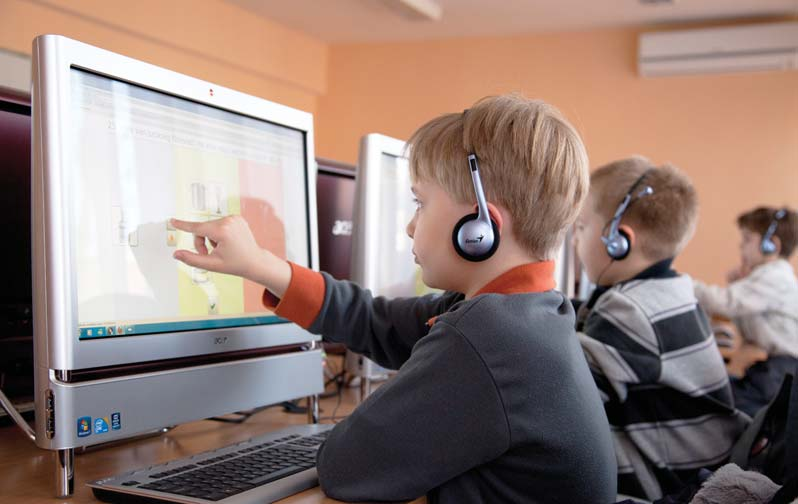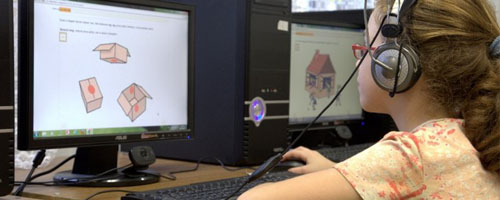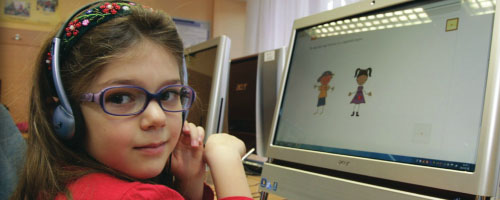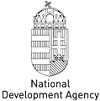Coordinator: Gyöngyvér Molnár
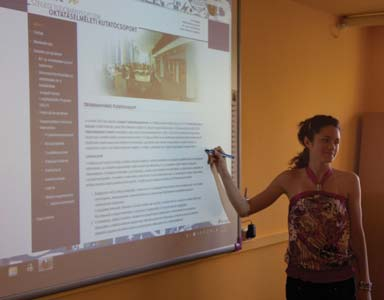 The widespread use of multimedia devices in schools creates opportunity for multifunctional application. These devices are currently in use in a number of countries for the purpose of student assessment. Due to the many possibilities afforded by computers it is inevitable that electronic assessment will replace traditional paper-and-pencil testing in the foreseeable future. Online assessment promises effi cacy and cost effectiveness as there is no need for printing, transportation, coding, and data entry.
The widespread use of multimedia devices in schools creates opportunity for multifunctional application. These devices are currently in use in a number of countries for the purpose of student assessment. Due to the many possibilities afforded by computers it is inevitable that electronic assessment will replace traditional paper-and-pencil testing in the foreseeable future. Online assessment promises effi cacy and cost effectiveness as there is no need for printing, transportation, coding, and data entry.
An online assessment system based on an open-source platform suitable for measuring knowledge, as well as ability, is presently operating in Luxembourg. The software is known by the acronym TAO, after its original French name (Testing Assisté par Ordinateur). The TAO and its various adaptations have already been used in numerous international assessment programs (e.g., in PISA studies). Further development of the software is on-going internationally.
Computer-based testing, despite its great promise, is still in its infancy worldwide. General testing software can handle a limited number of item types and many tasks normally found in paper-based testing cannot yet be transferred to computers. There is at present a major push in effect worldwide in the area of software development to overcome these limitations. Some recent innovations in computer software development are expected to be tested in this project.
Adaptation of the TAO platform plus the construction and experimental testing of suitable tasks are seen as two main objectives of this project. Task construction is possible in various ways at present, e.g. transfer of certain types of paper-based tasks, application of special task-constructing software or by direct programming of the testing system. All of these possibilities will be tested in the project. An additional feature of this project will be the automatization of additional activities connected to computerized assessment (e.g., data analysis, feedback).
The short history of computer-based assessment shows that technologybased testing does not always equate to results obtained for traditional paper tests. There are three main areas that are seen to be potential contributors to these differences. Firstly, solving problems displayed on the screen requires different cognitive processes from those required when working on paper. Secondly, task types usually associated with paper tests may not always transfer to an electronic medium. Thirdly, the ability of students to demonstrate ability in the assessed skills may be infl uenced by or restricted to their level of IT application skills. All three phenomena remain in need of in-depth investigation before widespread computerized testing can be given an unconditional green light. This project embraces these areas of concern and will be watchful for opportunities to inform the general state of computerized testing.
